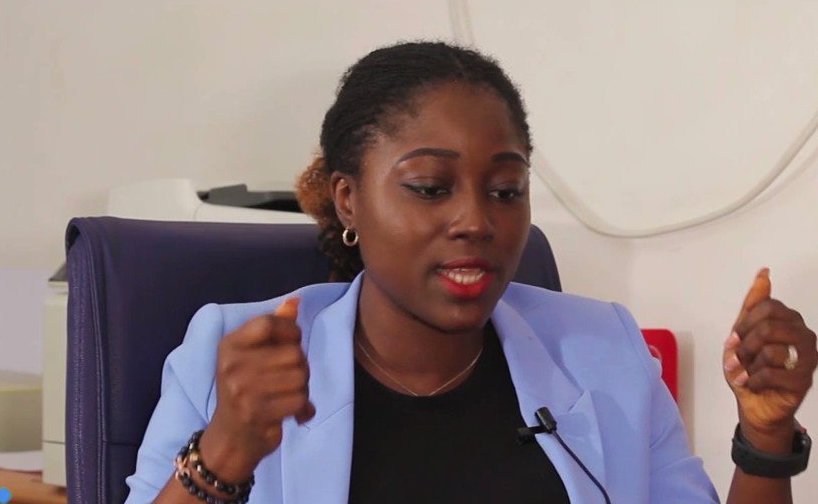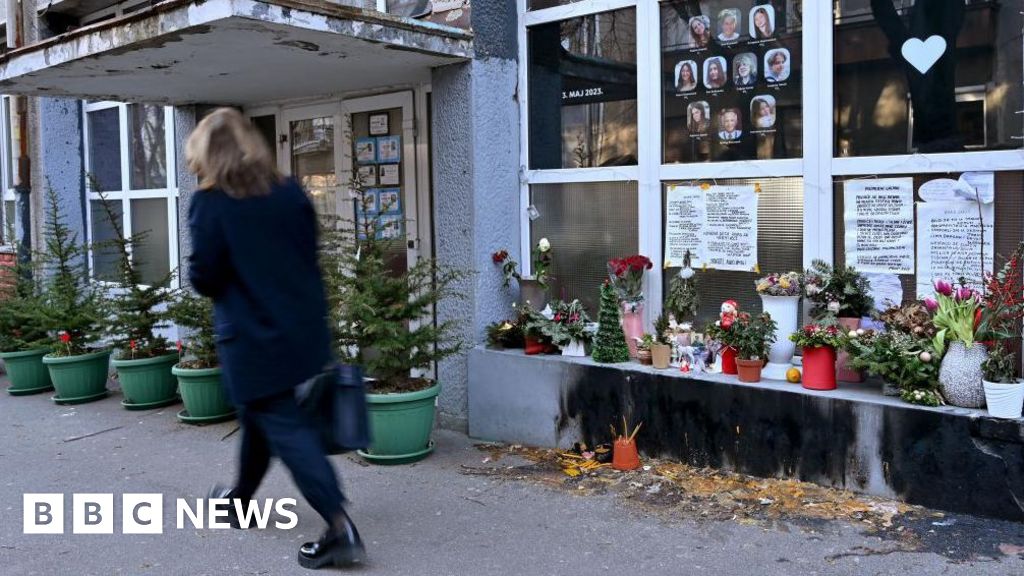Place your adverts here on InfoDig @ low rates; banner ads, sponsored links and guest articles etc. Contact us
 L-R: The executive vice chairman, National Agency for Science and Engineering Infrastructure, Mr. Khalil Halilu; Coordinating director, planning and business development, NASENI, Dr. Nonyem Onyechi; and director of training, Bureau of Public Procurement, Dr. Adebowale Adedokun during the in-house training in Abuja.
L-R: The executive vice chairman, National Agency for Science and Engineering Infrastructure, Mr. Khalil Halilu; Coordinating director, planning and business development, NASENI, Dr. Nonyem Onyechi; and director of training, Bureau of Public Procurement, Dr. Adebowale Adedokun during the in-house training in Abuja.The National Agency for Science and Engineering Infrastructure (NASENI) has partnered with the Bureau of Public Procurement (BPP) to strengthen its procurement capacity and enhance operations across the country.
The executive vice chairman (EVC) of NASENI, Khalil Halilu announced this collaboration during the second in-house training for procurement officers and stakeholders in Abuja. The event, titled “Building the Best Procurement Operations Across the NASENI System,” was aimed at equipping officers with the skills needed to manage NASENI’s procurement processes in line with the Public Procurement Act (PPA) 2007.
Halilu emphasised that the workshop was designed to provide professional capacity for officers involved in procurement, ensuring they operate in compliance with Nigeria’s procurement laws. “The PPA 2007 establishes procedures for the procurement of goods, works, and services, as well as the disposal of unserviceable items. One of my goals as the EVC is to make NASENI a public sector employer of choice in Nigeria,” he said.
He further noted that achieving this vision requires a high level of professional proficiency and technical expertise in procurement management. “Our officers must be trained and retrained to align with NASENI’s vision and mandate because what they learn will be applied in their daily work. Every time we send our staff for training, we remind them to abide by all the guidelines.”
Halilu encouraged participants to benefit from the lectures to be delivered by seasoned resource persons, and noted tha acting director-general of BPP would also provide a comprehensive review of the Public Procurement Act 2007.
“The interactive sessions over the next three days will serve as a forum for exchanging ideas, sharing experiences and identifying differences between old practices and the provisions of the Procurement Act 2007. By the end of this workshop, I hope your understanding of the Act will be greatly enhanced, leading to improved service delivery.”
In his keynote address, BPP’s acting director-general, Olusegun Omotola, represented by Mr. Adebowale Adedokun, highlighted the importance of the collaboration between NASENI and BPP. He stated that the training was the second in a series of initiatives designed to bolster NASENI’s procurement capacity.
“This collaboration with NASENI is intended to strengthen the procurement system and the capacity of procurement officers, ensuring that they deliver value while identifying and addressing any inadequacies in the procurement process,” Omotola said. He further noted that the initiative would serve as a launchpad for improved budget performance, leading to economic growth, creativity, technological innovation and advancements that are adaptable both locally and globally.
Omotola stressed that Nigeria, through the BPP, has a vast pool of trained and experienced procurement professionals nationwide. These professionals, both serving and retired, are available to assist any government agency in implementing procurement activities effectively.
“NASENI has unique responsibilities in delivering customised, homegrown technology and to achieve good governance and better living standards, a transparent and efficient procurement process is crucial,” he added.
Omotola revealed that the Independent Corrupt Practices Commission (ICPC) and the Economic and Financial Crimes Commission (EFCC) are currently investigating procurement-related infractions, many of which are due to non-compliance with the provisions of the PPA 2007 and other government circulars. He urged NASENI’s procurement officers to conduct their duties with the highest sense of accountability, ethics, and integrity.
“It is expected that all factors hindering effective procurement performance and budget implementation will be addressed during this training,” he said.
Omotola outlined several recommendations to ensure the success of NASENI’s procurement activities:
– NASENI must adhere strictly to approved procurement thresholds and avoid contract splitting, which is a violation of the Public Procurement Act, 2007.
– The agency must ensure that final engineering designs are in place for all projects to reduce the high rate of fluctuations and variations.
– All government agencies, including NASENI, must comply with the Secretary to the Government of the Federation (SGF) circulars on procurement plans and procurement records. No procurement process can commence without an approved procurement plan via the NOCOPO system.
– Contractors and service providers without proper registration on the national database hosted by the BPP must not be allowed to do business with any government agency.
– Agencies must have full-fledged procurement departments, manned by BPP-trained and certified officers.
– NASENI and other agencies are encouraged to participate in BPP training programmes and engage only BPP-accredited training firms.
– All agencies must use the BPP’s standard bidding documents (SBDs) and other authorised procurement tools.
– Selective tendering methods should be de-emphasised and the Open Competitive method, as prescribed by the PPA 2007, should be adopted.
Omotola further noted that BPP is implementing several initiatives to improve procurement processes, including the upgrading of its contractor categorization and classification database, revising standard bidding documents, and deploying an electronic government procurement system. These initiatives aim to increase efficiency, reduce waste, provide more opportunities for Nigerian businesses and speed up procurement processing times.
As the training commenced, Omotola emphasised the importance of continuous improvement in procurement processes. He encouraged NASENI’s officers to highlight areas where they face challenges, promising that BPP would work to address these issues.
“We are committed to ensuring that by the end of this training, NASENI’s procurement system will be more transparent, competitive and value-driven. This will, in turn, lead to increased accountability and better service delivery,” Omotola said.
He also assured NASENI of BPP’s continued support in highlighting the latest developments in Nigeria’s procurement system. “With this training, we are laying the groundwork for a procurement system that can drive technological innovation and economic development in Nigeria,” he concluded.
Omotola also celebrated EVC Halilu’s first 100 days in office, commending his leadership in advancing NASENI’s procurement operations and commitment to capacity-building for the agency’s officers.















 English (US) ·
English (US) ·